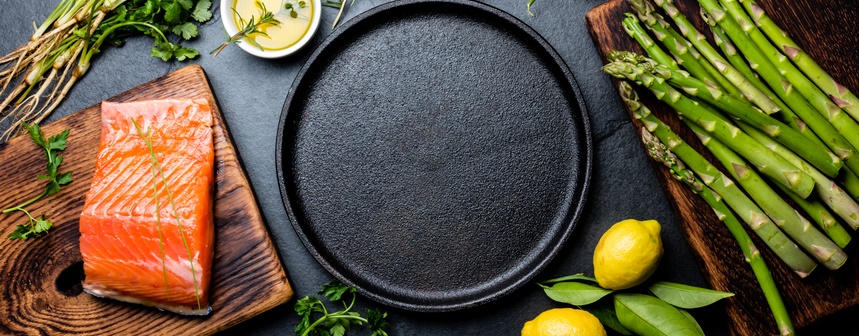Saturated vs. unsaturated fats: Which is better for you?

The Cardio Cuisine series is written by Shorus Minella, a dietitian at the UK Gill Heart & Vascular Institute.
We hear a lot about not-so-healthy fats like saturated fats and trans fats, but what is the deal with unsaturated fats? Are they bad? Are they good?
The most common unsaturated fats are monounsaturated fat and polyunsaturated fat. Including these fats in your diet can improve your health. These healthy fats can help reduce LDL cholesterol and reduce your risk of heart disease or stroke.
Let's break down the two types of unsaturated fats and how you can incorporate them into your diet.
Monounsaturated vs. polyunsaturated
Scientifically, monounsaturated fats are simply fat molecules that have one unsaturated carbon bond in the molecule or a double bond. These fats are usually liquid at room temperature, like olive oil.
These foods are higher in monounsaturated fat:
- Nuts
- Avocado
- Canola oil
- Olive oil
- Peanut oil and peanut butter
- Sesame oil
Polyunsaturated fats are simply fat molecules that have more than one unsaturated carbon bond in the molecule. This is also called a double bond. Omega-3 and omega-6 fatty acids are types of polyunsaturated fat.
These foods are higher in polyunsaturated fat:
- Walnuts
- Sunflower seeds
- Flax seeds or flax oil
- Fish, such as salmon, mackerel, herring, albacore tuna and trout
What you can do
Try to replace some of the saturated fats in your diet with unsaturated fats.
Here are some simple changes to try:
- Replace some meats with fish. Try eating at least one to two meals with fish per week.
- Add avocado to salads and sandwiches.
- Add walnuts to snacks or salads.
- Use olive oil instead of butter when cooking.




